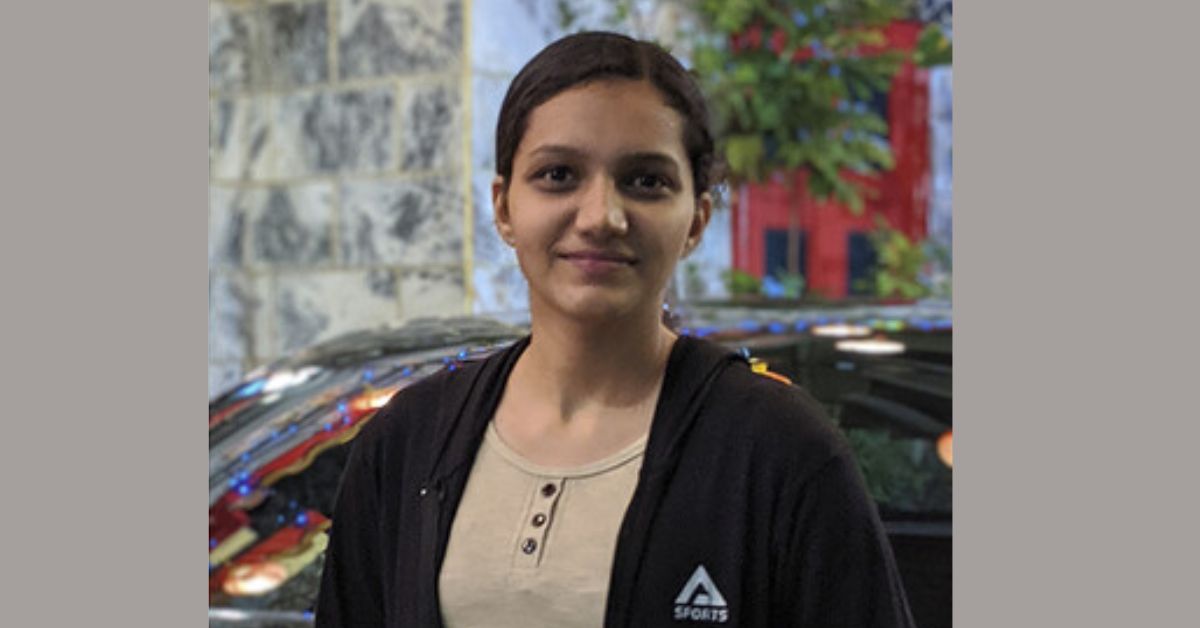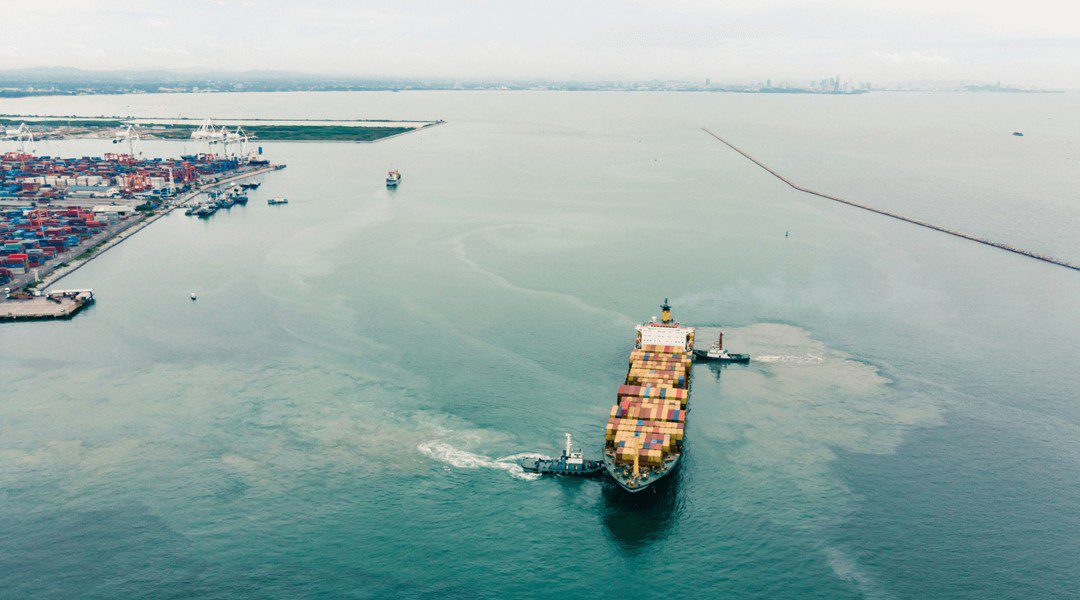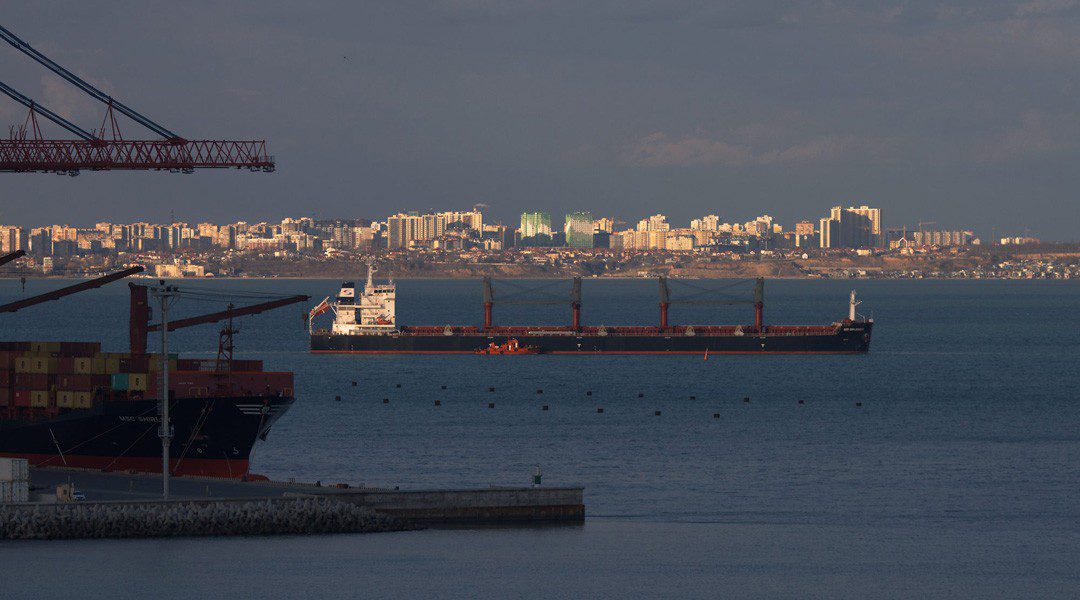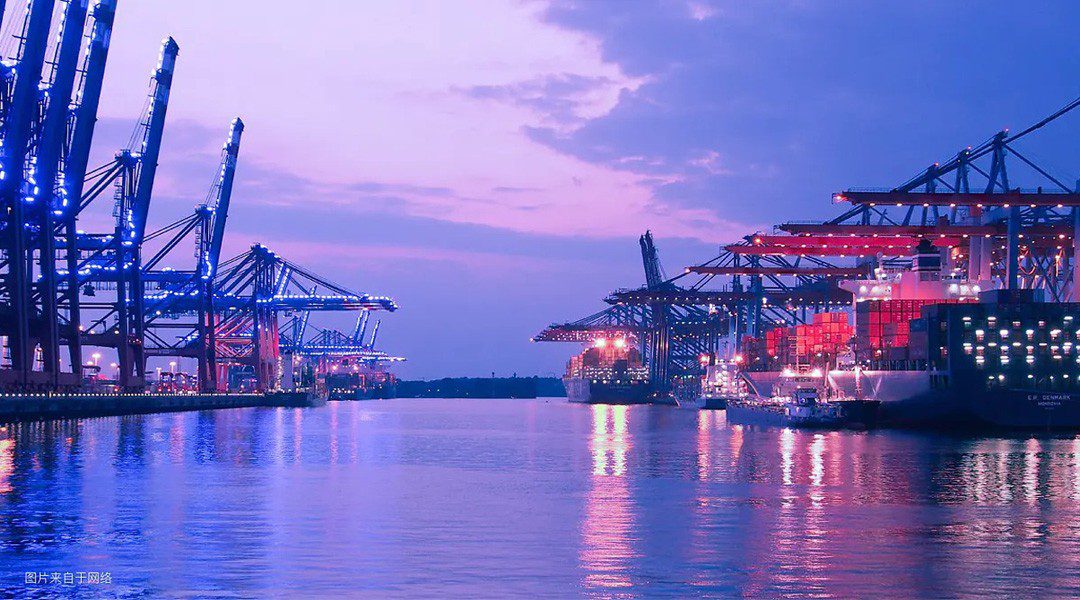
Source: ET Infra
From overseeing steel cutting to final delivery of the ship to the owner, Pooja Chathoth’s discerning eyes combined with the capabilities and rigour honed by the training imparted by her employer, Lloyd’s Register, cannot afford to gloss over any deficiency.
Pooja is aware of the responsibility thrust on her young shoulders as a ship surveyor – and India’s first and only female one at that – as she goes about her job with dedication, commitment and enthusiasm.
And she is enjoying every minute of it.
A ship surveyor is an integral part of shipping, tasked with monitoring whether a ship is built, repaired or recycled per rules laid down by ship classification societies such as the United Kingdom-based Lloyd’s Register and conform to other statutory regulations.
Like Indian women seafarers before her, Pooja has managed to break another glass ceiling in the Indian shipping sector as a ship surveyor.
To be sure, women are working as ship surveyors globally, but in India it was an exclusive preserve of men until Pooja was picked by the world’s oldest ship classification society – entities the certifies ships for sea worthiness – for the role of a graduate ship surveyor.
Born and raised in India’s southern state of Kerala, Pooja didn’t have any clue about her ‘feat’ till she joined training at Lloyd’s Register more than two years ago.
“The day I joined; we were going for training. At that time, the senior surveyors said they were working with a women surveyor for the first time. That’s when I came to know of it,” she quipped.
In a way, it was a career move that had its genesis in a trip she undertook with her family as a ten-year old to the Naval Academy in Ezhimala, the defence service training establishment for officer cadre of the Indian Naval Service and the Indian Coast Guard, located in Kerala’s northern district of Kannur, not far from her hometown.
Pooja says she was surprised to find only a solitary lady officer at the Naval Academy during the trip. Seeing her curiosity and amazement, Pooja’s mother asked her youngest daughter whether she wanted to join the Indian Navy. That piqued her young mind.
“That’s how it got started. From that day on, I said I want to join the Indian Navy,” Pooja told ET Infra in an interview from Goa where she is monitoring construction of hybrid type general cargo vessels for a European fleet owner at the shipyard run by Chowgule Group.
After completing her Bachelor’s degree in naval architecture from the Sree Narayana Gurukulam College of Engineering in Kochi, Pooja tried her hand to join the Indian Navy, which, she said, was her “big ambition”. “But it didn’t work out,” she said with a chuckle, clad in a bright orange suit with ‘LR’ embossed on it.
“I graduated in 2020 during COVID. Before the pandemic struck, I appeared for an entrance exam conducted by the Indian Navy and got selected in the air traffic controller unit, which I was not keen on. I waited for a year to see if there were any openings for naval architects in the Navy. There was nothing in the offing at that time,” she said explaining the circumstances that led her to pursue a career as a ship surveyor.
Prior to joining Lloyd’s Register, Pooja worked for a marine and offshore design firm in Kochi or Cochin, which is fast emerging as a maritime hub. She soon realised she was not cut out for a “desk job”, saying she “always wanted to be physically active”.
Her gaze then shifted to classification society, prompting her to apply for a role at Lloyd’s Register, which she said was the first classification society she had heard or learnt of while reading naval architecture.
Around the time, Lloyd’s Register, the iconic British institution founded in 1760 and one of the world’s top providers of classification and compliance services to the marine and offshore industries, was on the lookout for hiring female ship surveyors in India in line with the growing global emphasis on diversity and inclusiveness.
But Lloyd’s Register faced challenges in recruiting female ship surveyors, mainly owing to the “safety concerns” of families and we are trying to address them, Shrikant Aradhey, Chief Representative, South West Asia and Associate Director – Global Delivery Centre programme, Lloyd’s Register Marine and Offshore India LLP, told ET Infra on 31 January during the opening of the firm’s new office in Mumbai.
“During the interview, they asked me whether I had any idea what marine surveying is all about, and what I will be doing on board a ship,” Pooja said, recalling the interview process.
Pooja was anticipating the questions that were posed to her.
“Before applying for a ship surveyor’s role, I spoke to a surveyor on what the job was like and all the things they are required to do and he guided me,” Pooja said.
A ship chief engineer friend of her father also helped in understanding the job profile.
Besides, a friend working as owners’ representative in South Korea apprised her on shipboard inspections and new construction surveys.
“So, I had an idea what I was going to face during the interview, and I was able to answer them. I let them know that I had an idea of the work I am going to do and that I had applied for it knowingly,” Pooja said exuding confidence.
Her parents were cool about their daughter’s choice of profession.
Before applying at Lloyd’s Register, Pooja said she discussed the ‘job’ with her parents. She is the first in her family to enter the marine industry – her father is a marketing executive in the spices and foods industry while her elder sister is a chartered accountant with one of the Big Four consulting firms.
“My family had an idea what I am going to do once I got the job. I had told them what Lloyd’s Register is, what is the value of LR. They are very proud of me being a LR surveyor, so it was not a difficult part to convince them. They are very supportive and happy that I am travelling a lot (every 3-4 months), seeing so many things, I am independent now. For two years, I am handling things on my own; it is because of the Company support as well as family support that I am able to continue the work,” she said.
Pooja says donning the orange work attire of Lloyd’s Register has been her “proudest moment” and is quick to credit Lloyd’s Register for fostering a work atmosphere that is safe for women.
“Without their support, I could not have done this much. My colleagues helped me a lot because I was new to surveying and was not an experienced person. With the help of senior surveyors, with their support and guidance I have reached this level. From the Company side, they gave full training. Before going for a survey, you should first learn all the safety aspects such as working at a height, working above water and confined space. After completing training successfully, they will assign us for the surveys, it can be a new construction or ship repair. During that time also, there will be a senior person who will guide us. So, Company wise, they give me all the support, and this is the best thing I could get because I joined as a graduate surveyor, which means that such a person is not required to have experience; the Company will recruit the graduate and they will train them for two years rigorously and after that they become an independent surveyor, taking care of all the things,” she said.
During her training period, whenever she went for a survey, a senior surveyor always accompanied her, making the introduction to the client easier.
“At first, they were surprised to see a women surveyor, but they were not like, ‘no, she can’t do the survey or something like that’. They were excited as well as supportive and caring. Sometimes, we have to get into tanks or climb some height, then they would ask, ‘can you do it, are you fine with it’? But after 2-3 surveys, they stopped asking me that and started saying, ‘come let’s go’. I could feel the change and it was a positive change. I have been working on site for more than two years now. I haven’t faced any negativity on the job,” she asserted.
Once a client from a shipyard said he was happy to see a female from India doing this work. “I feel motivated when I hear such things,” she narrated.
There is no barrier for women, she says, to take up ship surveying as a career.
“Physical fitness is required because for each survey we have to go on board the vessel, we have to see each nook and corner of the ship, it can be a normal place, sometimes we have to crawl and go inside a small tank and sometimes we have to climb. So physical fitness is very much important. Secondly, even if you are physically fit, and it is safer to be inside a tank, we have to check whether it is safe to climb or safe to go inside a tank, it is very important. The job is safe but if you have a fear of height or if you have a fear of dark room or something like that, then it would be a bit difficult, else it is completely fine,” Pooja explained to dispel the notion that surveying ‘work’ is not for women.
The safety of the vessel is key to surveying.
“That is the most important role of a classification society; to ensure that the ship possesses the relevant certificates to be fit to sail. Currently, I am concentrating on hybrid type general cargo vessels because I am in new construction. I know more about that, but I have been to a lot of bulk carriers, /LPG vessels and FPSO (floating production, storage and offshore),” she revealed.
As a surveyor, her task is to ensure that the ship is constructed per class rules framed by Lloyd’s Register as well as other statutory regulations.
“My task is to verify these things; at the end of the day, I will issue certificates on behalf of Lloyd’s Register and the flag administration (where the vessel is registered). This is mostly common for all vessels; only small changes will be there depending on the type of vessels. If I have any concerns, I can tell it to the shipyard or the ship owner. It is our responsibility to support our clients (ship owners and shipyards) and if they are making some mistakes, to guide them and take it to the right path. So, it’s a teamwork,” she pointed out.
The fact that ship survey work does not have a ‘specific timing’ fit well with her personality. On some days, she works from 9 to 5, on some other days, she works during night and sometimes in early morning. It depends on the type of survey to attend to, she mentioned.
For instance, at the stage when machinery and parts are installed on the ship one by one, the measurements are taken during early morning or late evening to ensure accurate values without any scope for thermal expansion of the materials due to heat from sun’s rays at other time of the day.
With shipping moving big time into green technology to meet climate change goals, how does she update herself with the latest developments in the industry? “Most of the recent updates are there inside LR only. Secondly, I like writing technical papers and I’m used to researching a lot. The best part is that I have a super cool professor from my college with whom I am in touch with. We used to jointly write technical papers and that’s how I improved my knowledge,” she said.




